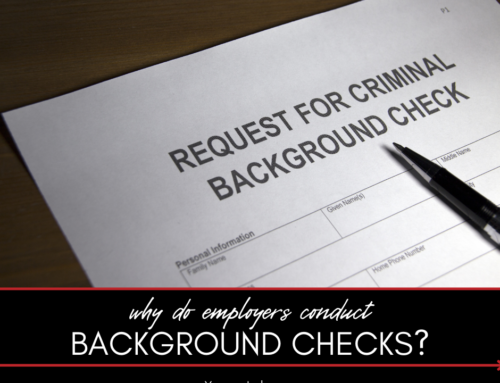
In the state of Indiana, many criminal records are public – people can see them if they know where to look. For that reason, many people choose to have their criminal records expunged; state law prevents anyone from discriminating against a person over an expunged record.
But who can see your criminal records in Indiana, and what can (or can’t) they do with the information they find? This guide explains.
Who Can See Your Criminal Record in Indiana?
Many employers conduct criminal background checks. So do landlords, some creditors and some private citizens. And the fact is that if you’ve ever been arrested – even if your arrest never led to a conviction – you have a criminal record that someone else could find.
Fortunately, Indiana law says that if you have an arrest and charge records expunged, you can lawfully say that you’ve never been arrested. It also says that if you were ever convicted of a misdemeanor or felony but had your records expunged, you can say that you’ve never been convicted of a crime. That’s great news when you see that question on a job or rental application; it means you have one less thing to worry about during the application process.
But Indiana law also says that there are some people who can still see your records, even if they’ve been expunged. They include:
- Law enforcement agencies
- Courts
- The Department of Correction
- The Bureau of Motor Vehicles
- The Family and Social Services Administration
In addition, people who have a “need to know” can still get access to your records. That might include a potential employer who’s required by law to run a background check.
Related: Expungement and sealing FAQ for Indiana residents
The Differences Between Sealing a Record and Marking it as Expunged
In Indiana, expunging your records can have one of two outcomes: They may be sealed from the public’s view (but still available to police and other law enforcement agencies, as well as some others), or they may still be open to the public but marked as “Expunged.”
Generally, when you expunge misdemeanors and Level 6 felonies (also called Class D felonies if the crime was committed prior to July 1, 2014), they’re sealed from public view. That means a run-of-the-mill background check isn’t likely to give someone the details on your arrest, charges or conviction.
However, when you expunge more serious felonies, they’re simply marked as “Expunged.” Though it may seem, at first glance, that having a record marked this way doesn’t do any good, it does – because state law prohibits people from discriminating against those with expunged records.
Discrimination Against People With Expunged Records
Indiana law is very clear. It’s unlawful discrimination for any person to suspend, expel, refuse to employ, refuse to admit, or refuse to grant or renew a license, permit or certificate necessary to engage in any activity, occupation or profession to someone with an expunged record.
The law essentially says that if your record is expunged, everyone must treat you as if you were never convicted of the offense.
Related: Expunging a Level 6 felony in Indiana
Can You See Your Own Criminal History in Indiana?
You may request a copy of your own criminal record by mailing in a request or going to either your local law enforcement agency or the Central Records Division. You can get what the state calls a limited criminal history report or a national full criminal history report.
Limited Criminal History
A limited criminal history features only felonies and misdemeanor arrests that occurred in Indiana. Law enforcement officials pull up your records based on your name, date of birth, race and gender, and in some cases, your Social Security number and place of birth.
As you can imagine, a limited criminal history report may not contain everything on your record. If you need a complete report, you should get a full criminal history report.
Full Criminal History
The most comprehensive record is the national full criminal history. This report is based on your fingerprints, which means law enforcement officials can search national databases to pull up all the records associated with you. You need to have your fingerprints collected to get this report, and usually, you can schedule one online through the Indiana State Police website.
Do You Need to Talk to an Indiana Expungement and Sealing Attorney?
If you’re ready for a fresh start, we may be able to help. Call us at 317-647-5476 or fill out the form below for a free consultation on expungement. We’re here to answer your questions and get you the fresh start you deserve.








